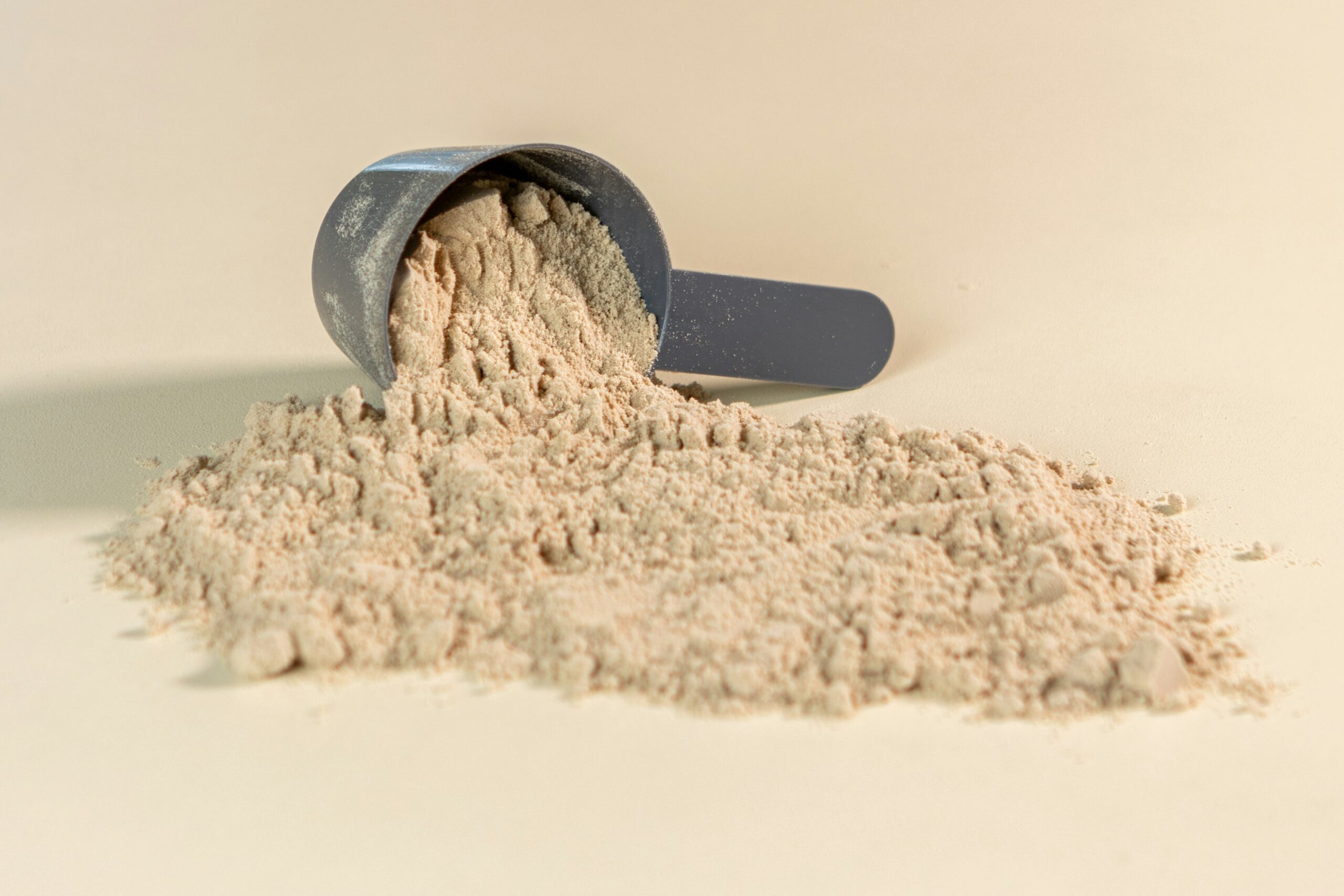A new study indicates that the Atlantic diet could be as healthy as the Mediterranean diet, despite Atlantic’s higher allowance of carbs and dairy products. Here’s a comparative analysis for Mediterranean diet enthusiasts who want to have their bread and eat cheese, too.
“The Atlantic diet is very similar to the Mediterranean diet due to the foods that are encouraged in both, while limiting the consumption of sweets, processed foods, and red meat,” Chrissy Arsenault, Registered Dietician at Kori Krill Oil, told The Food Institute. “Both are arguably more lifestyle-focused rather than restrictive diets, given the focus on what foods you CAN eat instead of what you CAN’T eat.”
Atlantic Diet Guidelines and Health Benefits
Based on traditional eating habits in northern Spain and Portugal, the Atlantic diet focuses on longevity-boosting foods like fresh produce, olive oil, beans, seafood, and the occasional glass of wine.
“The Atlantic diet is extremely nutrient-dense,” said Arsenault. “When followed, it can help you seamlessly meet your macronutrient and micronutrient needs. Many of the foods included can help support weight management, reduce inflammation, help regulate blood sugar, and maintain overall health.”
According to the results of a six-month study published in JAMA Network Open, people on the Atlantic diet were 68% less likely to develop metabolic syndrome, a collection of health issues like risky cholesterol levels, that can increase the odds of heart disease, stroke, or diabetes.
Participants also had trimmer waistlines and were less likely to have high levels of belly fat compared to their peers who didn’t follow the diet.
Dietary Commonalities and Differences
Much like its highly revered cousin, the Mediterranean diet, the Atlantic diet is ranked as one of the healthiest ways to eat due to its emphasis on mostly unprocessed whole foods.
In 2024, the Mediterranean diet was ranked the No. 1 Best Diet Overall by U.S. News and World Report. It was also among the American Heart Association’s top five healthiest diets in 2023.
According to Mark Edwards, a Precision Nutrition certified coach, there are tradeoffs with both diets, but overall, “they both get to the same destination by a slightly different route.”
Per Edwards, similarities between the two diets include:
- Emphasis on high consumption of plants including fruit, vegetables, legumes, and whole grains
- Prioritization of seafood consumption over red meat
- Emphasis on healthy fats like olive oil and Omega-3s
- Moderate alcohol intake
A key difference between the two is that the Atlantic diet recommends six to eight servings of carbs per day – specifically whole grains and starchy foods like bread, pasta, and potatoes, reported Business Insider. It also includes cheese and other dairy, along with lean meats and red meat in moderation.
“While the Atlantic diet has more dairy and possibly a little higher carb content, the Mediterranean Diet tends to include more alcohol (red wine),” Edwards told The Food Institute. “Recent research indicates that the purported health benefits of red wine are largely outweighed by the detrimental effects of alcohol on brain function as we age.”
Beyond this, the difference between them is largely geographic and cultural.
“The Atlantic Diet contains more cold-water fish and dairy while the Mediterranean Diet has more olive oil and warm-region fruits and vegetables,” said Edwards. “The Mediterranean Diet [also] leans heavily on olive oil while the Atlantic Diet has a broader range of fats, again depending on the region.”
Moderation is Key for Lifestyle Diets
Arsenault would highly recommend the Atlantic diet to clients – adding that it is her “go-to” alongside Mediterranean.
“It’s suitable for most people,” she said. “The only ‘watch out’ with this diet is that portion control is essential since there’s no structure as far as calories or portion sizes.”
“There’s that old saying ‘there’s no free lunch’—I think that’s applicable here,” said Edwards. “The long and short is that neither of these diets consumes anything in excess and both lean heavily on fresh, locally sourced foods.”
“Moderation and fresh, high-quality ingredients are the keys to good health, weight management, and longevity,” he concluded. “Both the Atlantic and Mediterranean diets can fulfill that outcome, so personal preference and ingredient availability are going to be the deciding factors.”












